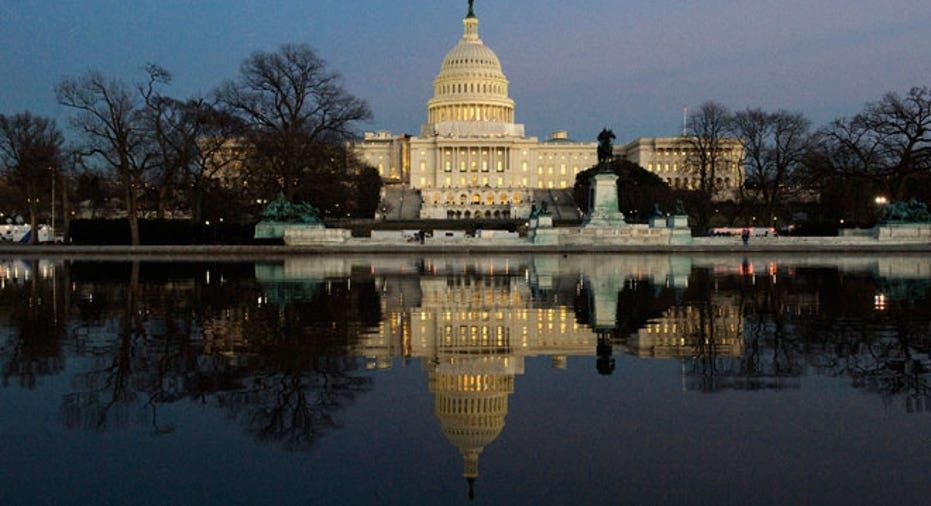Allies Should Split the Tab on Terror

It costs the U.S. a lot of money to be the world’s cop. History shows U.S. taxpayers typically foot the bill on their own, so the question is, should the U.S. go it alone in funding the battle against ISIS?
The Administration is working now on a potential global coalition to fight the terrorist group ISIS, which looks to be a protracted and costly campaign. But to date, allies have not ponied up as much as they could on defense spending to help beat back terrorist attacks. According to the Stockholm International Peace Research Institute (see here: http://www.sipri.org/research/armaments/milex), most NATO members have been slashing defense budgets over the last decade as the U.S. tends to pick up the bill.
The majority of the 28 countries in NATO spend less than 2% of their GDP on defense, including Poland, Luxembourg and Hungary. Just a fourth, seven, hit that 2% benchmark, as Europe continues to slog through a slow recovery.
Allies in Europe remain opposed to increasing military expenditures, as it could trigger a public backlash due to required large tax increases as well as cuts in social welfare programs like government pensions and nationalized health care. France, Estonia, Turkey, Portugal and Greece join the U.S. and the U.K. in spending more than 2% of their GDP on defense.
Meanwhile, the non-partisan Congressional Budget Office (CBO) has reported that U.S. costs for the war in Afghanistan, Iraq, as well as the global war on terror, is estimated to range between $1.56 trillion and $1.88 trillion from fiscal 2001 to fiscal 2020.
That’s a lot of money that could have gone towards U.S. tax cuts or job creation—or powerful new trade agreements and alliances. That could include an aggressive push on a Mideast free trade initiative that could help stop future conflicts, after the world gets rid of ISIS and terrorist threats once and for all.
The cost of the Gulf Wars in 1990 and 1991 came to about $61 billion, according to estimates from the U.S. Dept. of Defense. Kuwait, Saudi Arabia, and other Gulf States paid about $37 billion. Japan and Germany footed a roughly $17 billion bill. The U.S. paid $7.3 billion, but committed boots on the ground, with 383 soldiers killed. In the ‘90s, local Kosovars, more than NATO troops, pushed back on Serbia’s attack on Bosnia and Croatia.
The Administration has now requested that Congress approve a half a billion dollars in funds to train Syrian rebels. Australia says it is expected to initially spend the same sum on an annual basis to help combat ISIS as it readies 600 Australian special forces and personnel for deployment in Iraq.
For now, the White House has reaffirmed to NATO allies that they ought to spend more on defense to combat threats like ISIS, as well as push back on Vladimir Putin’s ambitions to reconstitute a “New Russia” by seizing former Soviet satellite states. “It is absolutely critical that we have Arab states and specifically Sunni majority states that are prepared to join us actively,” President Barack Obama has said. “My expectation is that we will see friends and allies and partners of ours in the region prepare to take action in a coalition.”



















